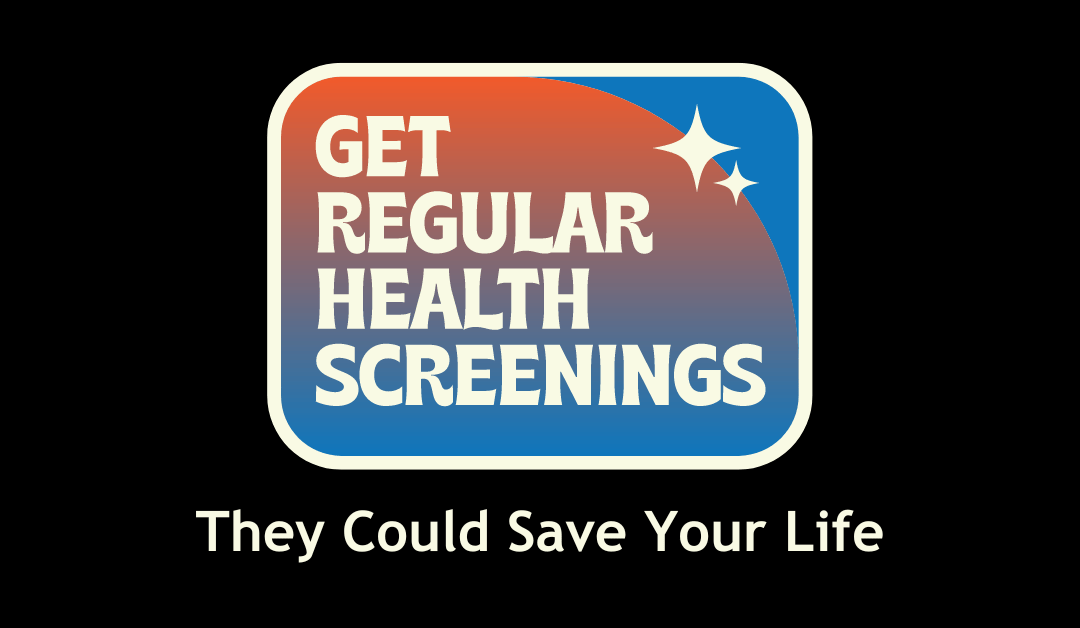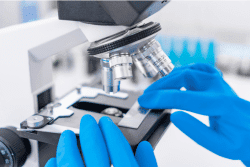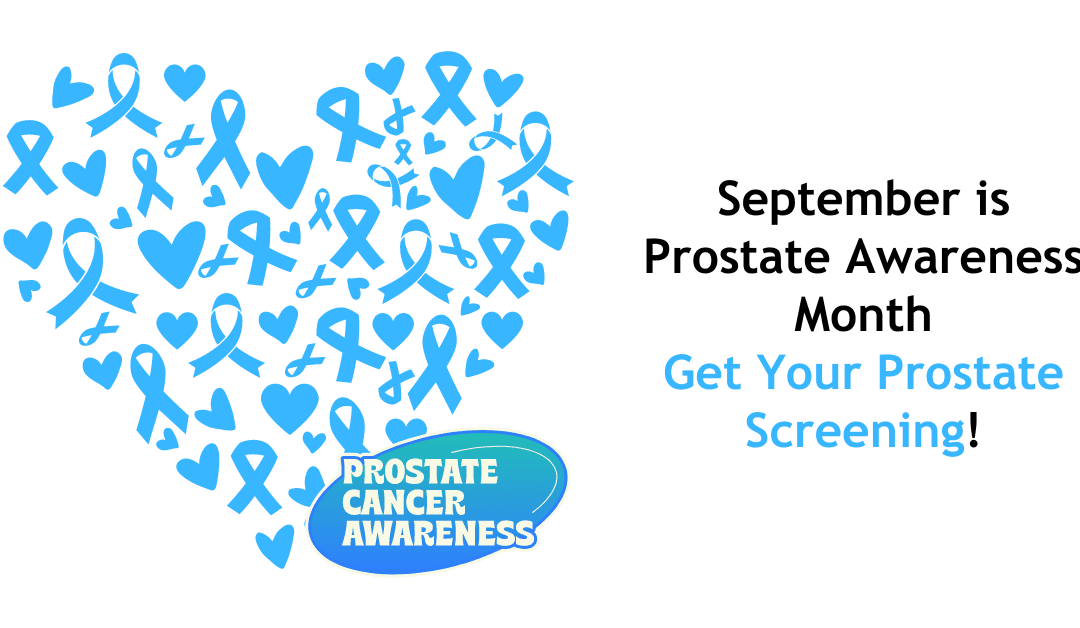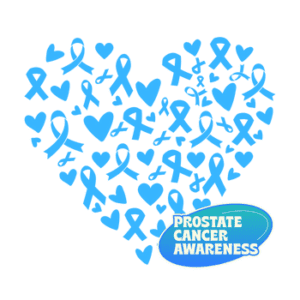
by Bag It Team | Jul 29, 2024 | Educational Articles
Tips for Keeping You and Your Pet Healthy During Cancer Treatment
The “dog days of summer” remind us of the warmth and joy that pets bring into our lives, especially during tough times like a cancer diagnosis. Their companionship and unconditional love can brighten even the hottest, most challenging days. Many people consider their pets part of the family and rely on them for emotional support during difficult periods.
 Studies show that pets can significantly improve mental well-being. Many cancer centers and hospitals recognize this and offer pet therapy programs. These programs include visits to clinics, support groups and even home visits for patients. Our furry friends can lift our moods, lower stress, create a calming effect, reduce pain and have a positive impact on our overall health.
Studies show that pets can significantly improve mental well-being. Many cancer centers and hospitals recognize this and offer pet therapy programs. These programs include visits to clinics, support groups and even home visits for patients. Our furry friends can lift our moods, lower stress, create a calming effect, reduce pain and have a positive impact on our overall health.
During cancer treatment, your well-being and your pet’s well-being begins with effective communication.
It’s important to know that while you can’t give your pet cancer, having a pet can increase your risk of infection, especially if your immune system is compromised. Before starting cancer treatment, inform your doctor about your pet and how important they are to you. Discuss how your ability to care for your pet might be affected by the treatment and any potential side effects. Your doctor will provide personalized advice based on your type of cancer, specific treatments and the type of pet you have.
Precautions may vary, especially with pets like reptiles, amphibians, rodents, and birds, which can carry a higher risk of infection such as salmonella. Guidelines may include limitations on your involvement with your pet such as avoiding contact with their bodily fluids and waste, preventing scratches and possibly even limiting petting them.
Additionally, it’s crucial to keep potentially harmful cancer medications and related items out of your pet’s reach.
You may also want to consult your pet’s veterinarian to ensure your pet remains healthy during this time. Ask about essential steps, including proper grooming, keeping up-to-date with all recommended vaccinations and medications, and any necessary veterinary care.
Here are some tools and resources to help you take care of your pet during cancer:
My Cancer Circle – an online tool that helps organize the community of people who want to help you with your pet
CancerCare’s Pet Assistance & Wellness (PAW) Program features:
- Helpline
- Searchable online database to help people affected by cancer find low-cost or free pet care services
- Downloadable booklet: Planning for Your Pet’s Future Care A Guide to Caring for Your Beloved Pet After You’ve Been Diagnosed With Cancer

by Bag It Team | Jul 3, 2024 | Educational Articles
Grilling is a fun and tasty way to cook, especially in the summer. But did you know there are ways to make your grilled food healthier? Here are some simple tips to keep your food yummy and safe:
- Pick Lean Meats: Choose meats with less fat like chicken breasts, fish, or lean beef. Fatty meats can cause flames to flare up and create harmful chemicals. Trim off any extra fat before grilling.
- Marinate Your Meat: Soak your meat in a tasty marinade before grilling. Marinades with vinegar, lemon juice, or herbs can make your food healthier and protect against harmful chemicals that form when meat is cooked at high temperatures.
- Grill More Veggies and Fruits: Grilled vegetables and fruits are delicious and super healthy. Try grilling bell peppers, zucchini, mushrooms, pineapples, or peaches. They don’t create harmful chemicals when grilled, and they taste great!
- Avoid Burning Your Food: Don’t let your food get too dark or burnt. Burnt food can have bad chemicals. Cook at a moderate temperature and flip your food often to avoid charring. If parts do get burnt, cut them off before eating.
- Keep Your Grill Clean: Clean your grill regularly to get rid of old grease and food bits. This helps prevent harmful chemicals from forming.
- Pre-Cook Your Meat: Cook your meat a little bit in the microwave or oven before grilling. This way, it doesn’t have to stay on the grill too long and you can avoid harmful chemicals.
By following these easy tips, you can enjoy delicious grilled meals that are healthier for you. Happy grilling!

by Bag It Team | Feb 10, 2024 | Educational Articles
Many of us know that making healthy lifestyle choices and getting recommended vaccines can help lower the risk or EVEN prevent some kinds of cancer.
Cancer screenings, which are also cancer prevention strategies, check your body for cancer, even if you have no signs or symptoms. There are different kinds of screenings including:
- A physical exam and personal history
- Lab tests
- Imaging tests
- Genetic tests (these tests look for changes in the genes that may indicate that a person has or is at risk of having a particular disease or condition).

Routine screening tests can help to find breast, cervical, colorectal (colon), and other cancers early, when they may be easier to treat or cure. Many expert organizations provide guidelines for different screenings, but it’s important to talk with your doctor about your personal situation. There are benefits and risks for most screenings, and certain tests may be recommended only for people who are considered high risk for a particular cancer. Together you and your healthcare provider can decide which screenings are appropriate for you.
Remember! When your doctor recommends a screening test for you, it does not necessarily mean they believe you have cancer. Screening tests are used in people with average risk and no symptoms of cancer. Usually these tests, if abnormal, require additional testing to definitively diagnose cancer. If you have symptoms or increased risk based on your personal or family history, you may need to start screening at an earlier age than is typically recommended or may need specialized testing.
Questions to ask your doctor about cancer screenings
- Are any cancer screening tests recommended for me? Which ones?
- Can we talk about the test’s potential risks compared to its benefits?
- When should I start getting cancer screenings? And how often?
- What is the purpose of the test?
- What happens during the test?
- How long does it take to get test results?
- What happens if the results are not normal?
Screening & Prevention Resources
Centers for Disease Prevention & Control, How to Prevent Cancer or Find It Early: Screening
National Cancer Institute, Cancer Screening
Prevent Cancer Foundation, Cancer Screenings and Prevention
American Cancer Society, hundreds of articles on screening and prevention

by Bag It Team | Sep 12, 2023 | Educational Articles
Did you know…
Prostate cancer is the most common type of cancer (excluding skin cancer) among men? About 1 in 8 men will receive a prostate cancer diagnosis during their lifetime, with higher rates among Black and African American men.
Like most cancers, usually the earlier prostate cancer is caught, the better the chances of staying disease-free. Screenings are important because you may not have any symptoms.
When to start prostate cancer screening is a personal decision that should be made after talking with your doctor. They will assess factors such as your age, race, medical and family history, additional risk factors and any symptoms you may be experiencing. Together, you’ll discuss the pros and cons of screening.
 The good news is that the vast majority of prostate cancers are found just within the prostate (local) or the region near it (regional), when active surveillance or immediate treatment has a very high success rate.
The good news is that the vast majority of prostate cancers are found just within the prostate (local) or the region near it (regional), when active surveillance or immediate treatment has a very high success rate.
Developed for men with early-stage prostate cancer, we launched a new Prostate Cancer Bag It Bag to arm you and your partner with helpful tools and reliable information to make decisions and self-advocate during your prostate cancer journey.
Order Your Prostate Cancer Bag

by Bag It Team | Aug 14, 2023 | What's New
Amy Cojanis, Bag It Cancer Administrative Services Manager, Mo Osife, Philanthropy/Advocacy Director for Cancer Support Communities of Arizona and Will Grove, Outreach Director of the Brain Injury Alliance of Arizona contributed to a guest editorial on how we can all come together to fight cancer through legislation. We are grateful to these writers and organizations as well as to Arizona co-sponsors like @SenatorSinema @RepRaulGrijalva @RepCiscomani for working to push multi-cancer screening legislation. Read our op-ed on the issue.

 Studies show that pets can significantly improve mental well-being. Many cancer centers and hospitals recognize this and offer pet therapy programs. These programs include visits to clinics, support groups and even home visits for patients. Our furry friends can lift our moods, lower stress, create a calming effect, reduce pain and have a positive impact on our overall health.
Studies show that pets can significantly improve mental well-being. Many cancer centers and hospitals recognize this and offer pet therapy programs. These programs include visits to clinics, support groups and even home visits for patients. Our furry friends can lift our moods, lower stress, create a calming effect, reduce pain and have a positive impact on our overall health.






 The good news is that the vast majority of prostate cancers are found just within the prostate (local) or the region near it (regional), when active surveillance or immediate treatment has a very high success rate.
The good news is that the vast majority of prostate cancers are found just within the prostate (local) or the region near it (regional), when active surveillance or immediate treatment has a very high success rate. 
Recent Comments